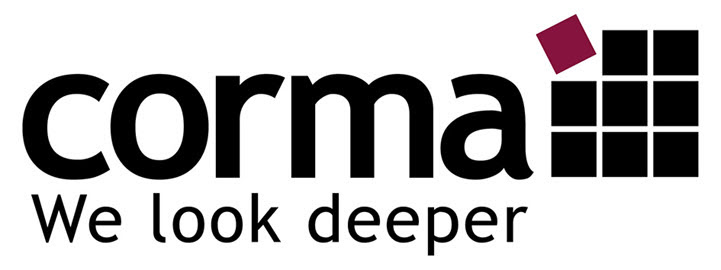An important task for private investigators is enabling their clients to enforce their justified interests. In order to achieve this, they acquire suitable information and evidence. Hence, a professional approach is absolutely necessary. Otherwise, the acquired evidence may not hold up in court.
Several items, as well as persons, can produce evidence:
In German civil proceedings, the following are allowed:
- authorized experts (testimony or reports)
- visual inspection
- interrogation of a party
- documents and witness reports
To ensure a professional approach the private investigator has to meet certain requirements.
In German Criminal Proceedings It Is:
- law witnesses
- authorized experts (testimony or reports)
- documents
- witness testimony
- judicial inspection (by the judge)
- testimony of the accused
To ensure a professional approach the private investigator has to meet certain requirements.
Requirement profile for private investigators:
- Absolute professionalism when it comes to investigative measures
- (such as observation, interrogation, research and data analysis)
- Experienced and well-trained permanent employees
- An expansive and reliable network at home and abroad
- established knowledge about sources of information, their availability and their legal requirements
In the process of acquiring and saving evidence, a variety of aspects must be considered.
Requirements for gathering and securing evidence successfully
Tread carefully, especially considering legal rules and privacy regulations. Certain evidence may not hold up in court because of said rules and regulations.
Handle material evidence correctly so it can be useful in court.
Document your steps (especially the transfer of evidence) using chains of custody, affirmations in lieu of an oath or photographic documentation.
Make sure to save the data unaltered and tamper-proof.
Encrypt sensitive data for digital transfer.
Save evidence in a forensically efficient manner, for example in a „Docutainer“ (a tool that allows packing and encrypting data and therefore protects it from unnoticed manipulation)
Evidence can be of factual or empirical judgment. The evidence is meant to convince the court that a certain claim is true or that events have come to pass in a certain way. Consequently, not only the evidence itself is important, but also its presentation.
Presentation of evidence – the goal
The presentation of evidence always aims to remove any reasonable doubts on the court’s side. However, missing or compromised evidence leads to the following:
- Loss of credibility
- Reputational damage for the party that made the claim
- Possible legal measures, like civil actions
- Lost lawsuits and therefore financial losses
The best way to minimize risks, when it comes to gathering and presenting evidence, is professional and careful work provided by investigators.
The difference between the diligence and completeness of establishing evidence in civil and criminal proceedings lies in the different burden of proof: While in civil procedures, it is incumbent on the party that wants to prove its claim to provide all necessary evidence, in criminal proceedings it is upon the prosecution. This distinction, however, is usually only relevant if one does not represent the party that claims infringement of its legal goods.
If you are interested in this topic or you need additional information about our solutions, please schedule a free consultation call.









